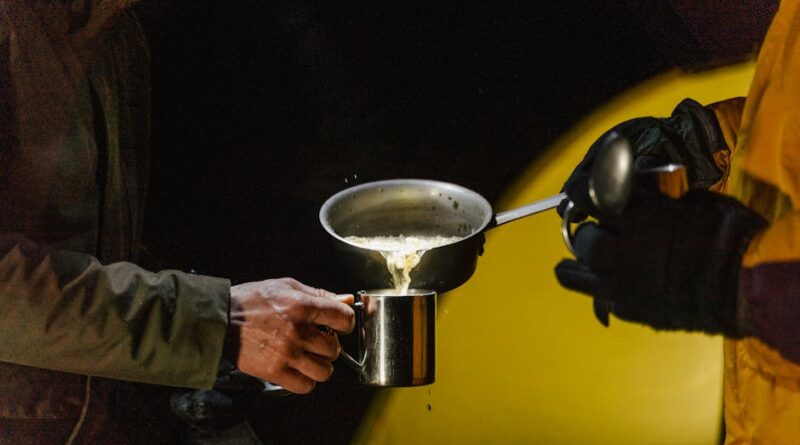Stay Prepared: Safety Gear for Campers
Are you ready for your next camping adventure? If you’re like many campers, you love the great outdoors. But the wilderness can surprise you. Staying safe is key to enjoying your trip. Lets explore essential safety gear for campers. This guide will help you pack smart and stay secure.
Why is Safety Gear Important?
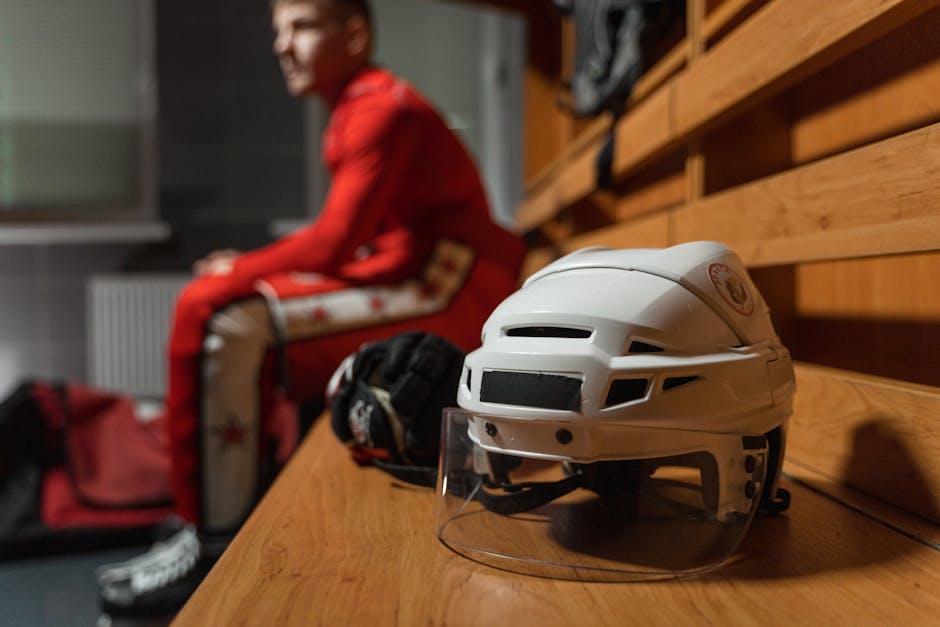
Camping is thrilling, but it also comes with risks. Did you know that an estimated 1,000 people visit emergency rooms every year due to camping-related injuries? That’s a lot! Having the right safety gear can prevent many of these incidents.
Safety gear helps protect you from unexpected events. Whether it’s bad weather, animal encounters, or minor accidents, being prepared makes a difference. Imagine hiking in the rain without proper gear. You’d be wet and cold, right? Now, picture having a waterproof jacket and warm layers. that’s a game changer!
What Safety Gear Should I Bring?
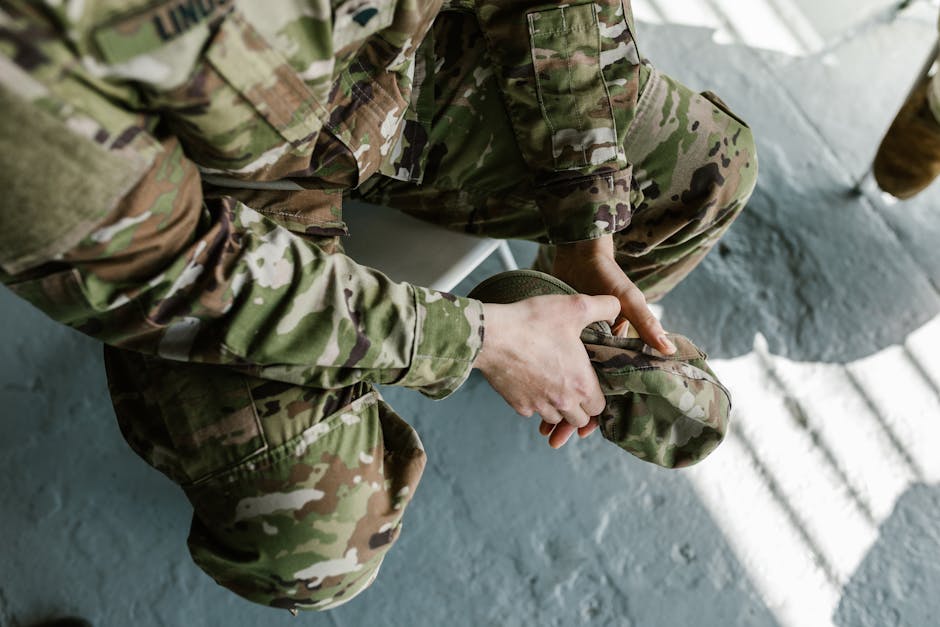
Lets break down the must-have gear for your camping trip. Heres a list of essential items to consider:
- First Aid Kit: Always pack a well-stocked first aid kit. It should include band-aids, antiseptic wipes, and pain relievers. You never know when a scraped knee or headache might occur.
- Flashlight or Headlamp: Darkness can sneak up quickly in the wilderness. A good flashlight or headlamp helps you navigate your campsite at night.
- Multi-tool: A multi-tool is handy for various tasks, from cutting rope to opening cans. it’s like having a toolbox in your pocket.
- Emergency Whistle: If you get lost, a whistle can help rescuers find you. it’s loud and lightweight, making it easy to carry.
- Fire Starter: Fire is essential for warmth and cooking. Bring waterproof matches or a fire starter kit.
- Water Purification System: Safe drinking water is crucial. A portable water filter or purification tablets can make any water source safe to drink.
- Weather-Appropriate Clothing: Dress for the weather. Layers help you stay warm in the cold and cool in the heat.
- Maps and Compass: don’t rely solely on your phone. A physical map and compass won’t run out of battery.
These items are the backbone of your camping safety gear. Keep them handy, and youll feel more secure in the wild.
How Do I Choose the Right First Aid Kit?
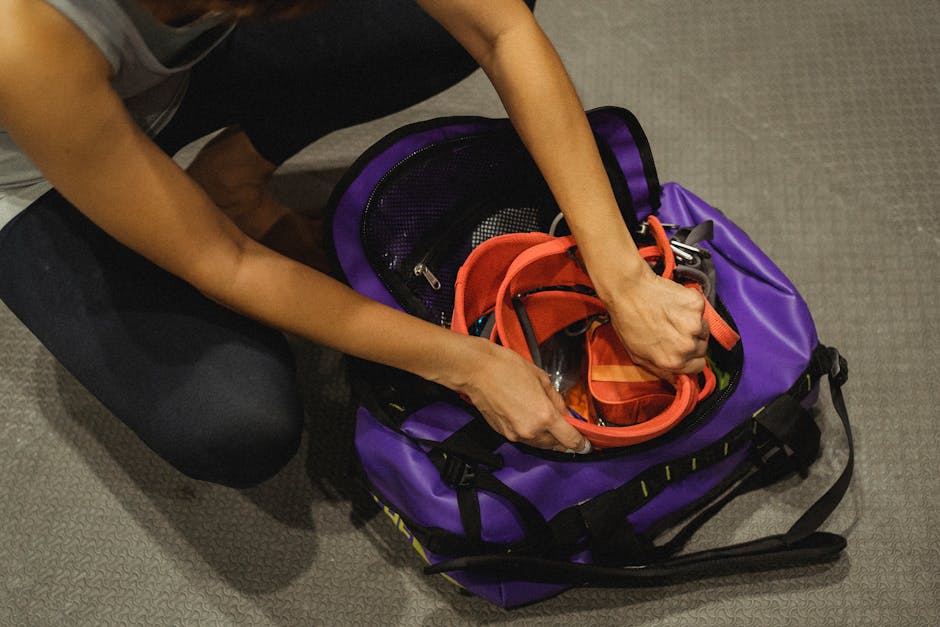
A first aid kit is a must-have. But how do you choose the right one? Not all kits are created equal. Here are some tips:
- Size: Choose a kit that fits your group size. A family might need a larger kit than a solo camper.
- Contents: Check that it includes essentials like gauze, adhesive bandages, and antiseptic. Look for kits with a guide for treating common injuries.
- Durability: Ensure the kit is in a sturdy, waterproof case. This keeps everything safe from the elements.
Remember, a first aid kit is only useful if you know how to use it. Consider taking a first aid course before your trip to learn the basics.
What Clothing Should I Pack for Safety?
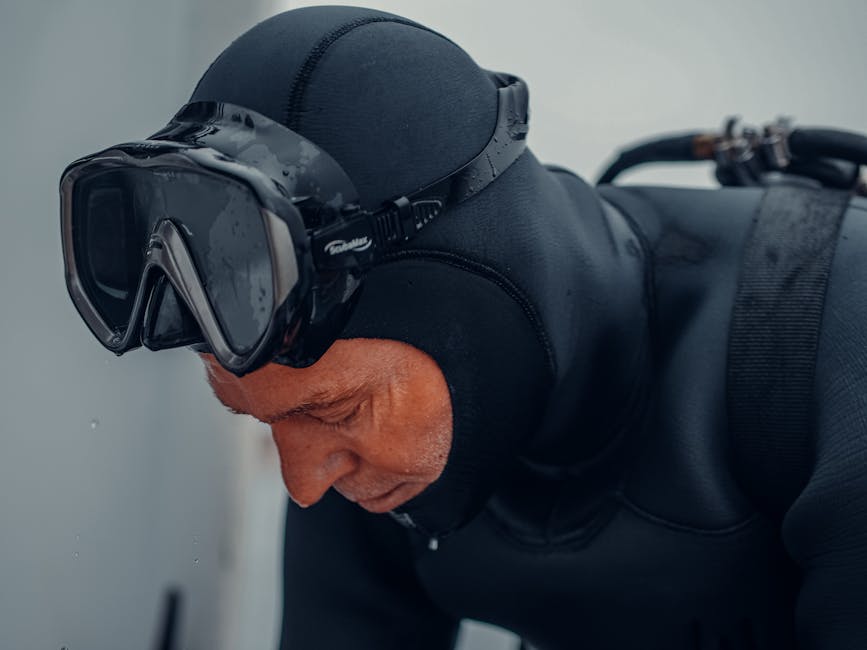
Clothing plays a big role in your safety and comfort. Heres how to pack smart:
- Layer Up: Wear layers to adapt to temperature changes. Start with a moisture-wicking base layer. Add an insulating layer, like a fleece, and top it with a waterproof jacket.
- Sturdy Footwear: Invest in good hiking boots. They offer support and protect your feet from rough terrain.
- Hat and Sunglasses: Protect your head and eyes from the sun. A wide-brimmed hat can keep you cool and shield you from UV rays.
- Bug Protection: Insect repellent and long sleeves can help you avoid bug bites, which can lead to infection or disease.
By packing the right clothing, youll stay comfortable and protected from the elements. it’s all about being prepared.
How Can I Stay Safe Around Wildlife?
Encountering wildlife is one of the joys of camping. But it can also be dangerous. Here are some tips to stay safe:
- Keep Your Distance: Always observe animals from afar. Never approach them, especially if they have young ones nearby.
- Store Food Properly: Use bear-proof containers and store food away from your sleeping area. This helps keep animals at bay.
- Make Noise: Talk or sing while hiking to alert animals to your presence. This can help prevent surprise encounters.
- Know What to Do: Research what to do if you encounter specific animals. For example, never run from a bear. Instead, stand your ground and back away slowly.
Staying safe around wildlife means respecting their space and understanding their behavior.
What is the Best Way to Start a Fire Safely?
Fire can be both a comfort and a danger. Heres how to build a campfire safely:
- Choose the Right Spot: Pick a clear area away from trees and bushes. Look for a designated fire pit if available.
- Gather Materials: Collect dry wood, twigs, and leaves. Start with small pieces, then gradually add larger logs.
- Build Your Fire: Use the teepee or log cabin method. Arrange your kindling in the center, with larger logs leaning against each other.
- Extinguish Properly: When you’re done, put out the fire completely with water. Stir the ashes to ensure no embers remain.
Fire safety is crucial. Responsible campers make for a safer environment for everyone.
How Can I Prepare for Bad Weather?
Weather can change quickly outdoors. Heres how to prepare for unexpected conditions:
- Check the Forecast: Before you go, look up the weather forecast. This helps you pack accordingly.
- Pack Extra Gear: Bring a rain poncho or waterproof jacket, even if the forecast looks clear.
- Know Your Shelter: Make sure your tent is durable and water-resistant. Practice setting it up before your trip.
- Have a Backup Plan: Know where to seek shelter in case of severe weather. This could be a designated storm shelter or a sturdy vehicle.
Being prepared for bad weather keeps you safe and comfortable during your camping trip.
What Should I Do in Case of an Emergency?
No one wants to think about emergencies, but it’s wise to be prepared. Heres what to do:
- Stay Calm: Take a deep breath. Staying calm helps you think clearly.
- Assess the Situation: Determine what happened and what needs to be done. Is someone injured? Do you need to call for help?
- Contact Help: Use your phone or emergency whistle to signal for help. If you have a satellite phone or two-way radio, that’s even better.
- Follow First Aid Guidelines: Use your first aid kit to treat any injuries while waiting for help.
Planning for emergencies can make all the difference. Youll feel more confident and ready for anything!
Where Can I Learn More About Camping Safety?
Camping safety is a vast topic. To learn more, consider visiting resources like the National Park Service for in-depth safety tips and guidelines. Knowledge is power when it comes to outdoor adventures!
Conclusion: Prepare and Enjoy!
Camping is an incredible way to connect with nature. With the right safety gear, you can have fun while staying secure. Remember to pack your first aid kit, dress appropriately, and be aware of your surroundings.
As you plan your next trip, think about safety gear as your best friend. It keeps you prepared for whatever nature throws your way. Enjoy the great outdoors, and happy camping!
